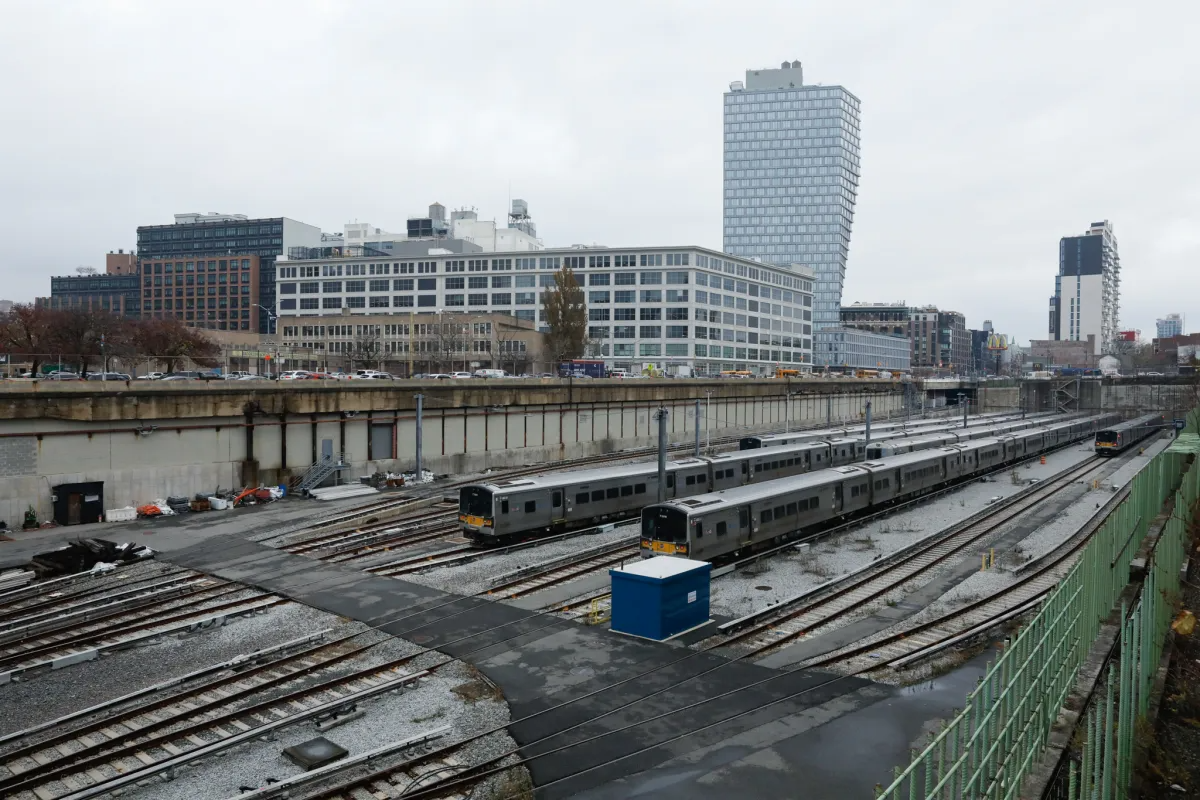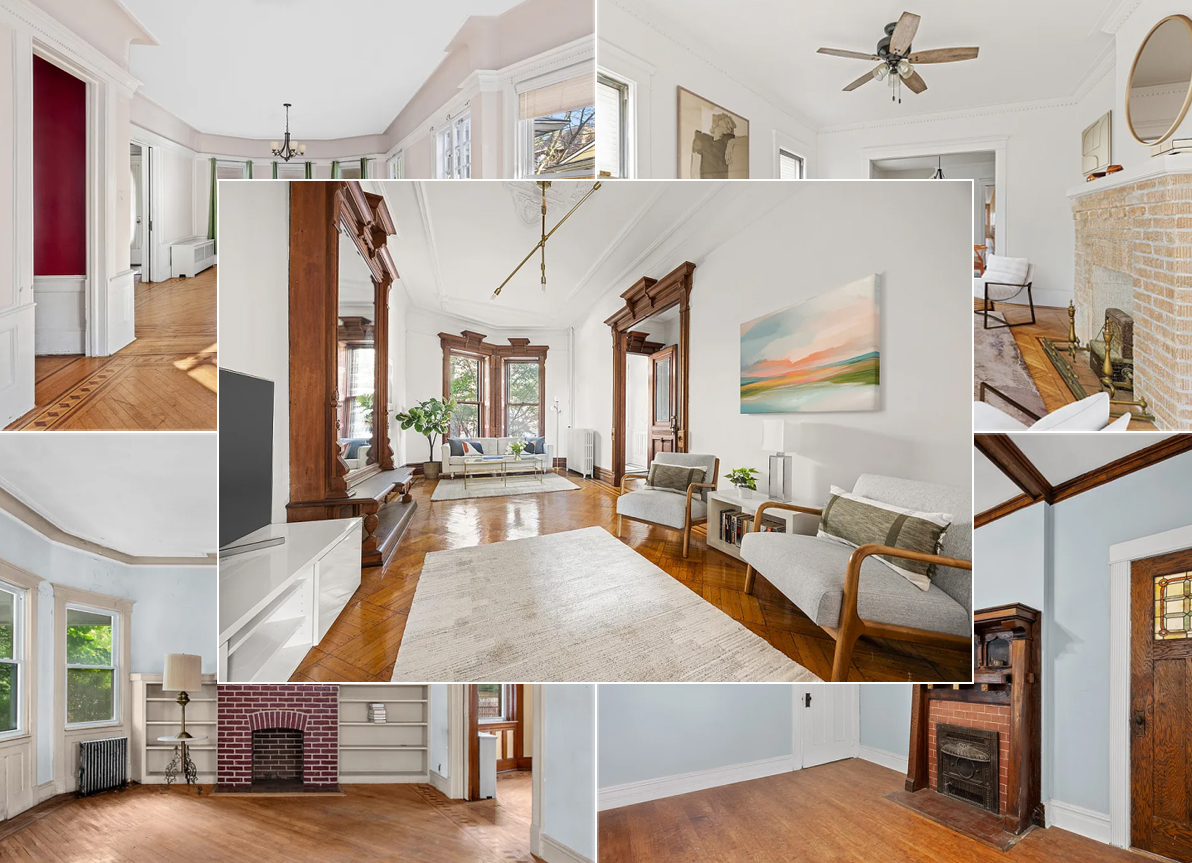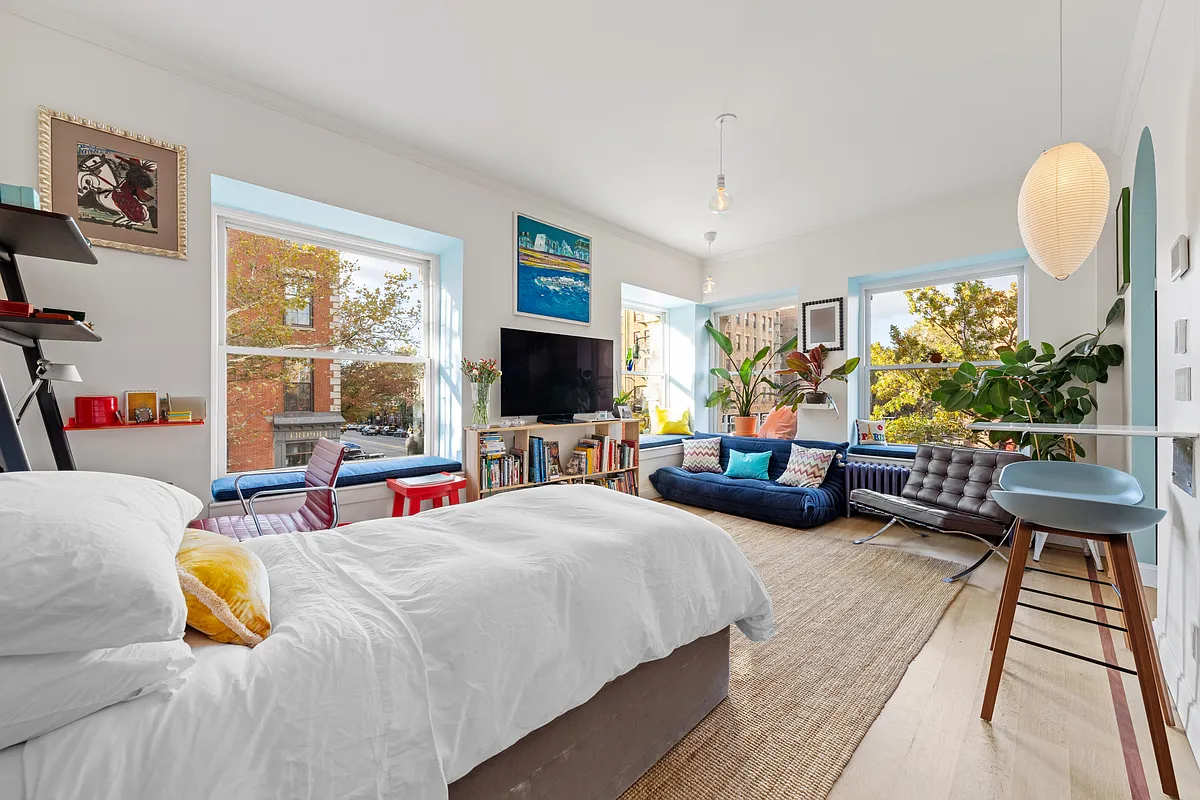Home Ownership Bad for Your Health
Perhaps those who feel desperate to own a home will take a pause after reading this article from Portfolio. “Homeownership is overrated and… it carries a downside as well as an upside,” they write, based on a study of health and happiness and home ownership among women. I find little evidence that homeowners are happier…


Perhaps those who feel desperate to own a home will take a pause after reading this article from Portfolio. “Homeownership is overrated and… it carries a downside as well as an upside,” they write, based on a study of health and happiness and home ownership among women.
I find little evidence that homeowners are happier by any of the following definitions: life satisfaction, overall mood, overall feeling, general moment-to-moment emotions (i.e., affect) and affect at home. Several factors might be at work: homeowners derive more pain (but no more joy) from both their home and their neighborhood. They are also more likely to be 12 pounds heavier, report lower health status and poorer sleep quality. They tend to spend less time on active leisure or with friends. The average homeowner reports less joy from love and relationships. She is also less likely to consider herself to enjoy being with people…
The great satisfaction from ownership, they say, comes when property values increase. Now that that’s less likely, and in many cases values are decreasing, why buy at all, when you can rent and be happy? “In fact, if Americans could be persuaded that rent payments aren’t ‘wasted money’ and that owning often makes less financial sense than renting, I think the rate of homeownership might, happily, drop substantially.”
Homeownership Makes You Fat and Unhappy [Portfolio]
Photo by TheTruthAbout.





Well done!
Whuh…Philly has gone up a phenomenal amount since I bought there in 1998. That said, it is still a very poorly managed city with an extroardinarily high crime rate. The success of Philly is almost solely centered in Center City and University area west of 30th Street. There is a huge population now of people that commute to NYC every day. Part of the reason for the runup in property values is one of scarcity. Until very recently you could count the number of high rise condos on one hand. And the housing stock…Trinities, Federals and a few beownstones is quite beautiful.
When I bought in 1998 I am proud to say that the broker from Prudential (they more or less dominated the market back then with the only other one being Plummer) told me that I was the first person to pay above ask price in Center City as far back as they could remember. I could smell that market moving.
As an owner, your housing costs are largely fixed. When housing prices rise, this is a double advantage – your equity rises, and you’re protected from increases in the market rent for comparable space. When prices fall, you may lose equity, while rents for similar space also fall.
There’s the opportunity cost of having your money invested in your house rather than elsewhere, but mortgage interest deduction, and the exemption of capital gains taxes on proceeds from sale of a primary residence favor home ownership over most other investments.
DIBS –sorry I got so under your skin; I’m sure you’ll pull the tough times just fine. Last laugh is yours, especially if you own RE in Philly.
FinanceGuy is undoubtedly correct, though i think he left out insurance costs, which can be significant. on the other hand, i believe studies also have shown that renters, for the most part, do not actually invest their equivalent to a homeowner’s equity. they spend it. or they save it in some very liquid, low-interest vehicle…for a downpayment. second, he’s assuming that landlords fulfill their obligations to repair and maintain, when often they do not. this then relates to MM’s point, which is that often rental stock is just not of the same quality – in terms of construction, location within the urban geography and social landscape, amenities, etc., as homes available for ownership only. this would lead one to question whether, at least in some regions, rentals can even be considered as substitutes to occupant-owned homes.
of course, this is all based on conditions as they are today. as the rental market becomes more competitive, and if the social factors associated with homeownership become tarnished and/or the stigma associated with renting decreases, rentals may be viewed as uniformly acceptable substitutes.
I used to post quite frequently on an old house website that had commenters from all across North America. It was interesting to see the attitude about renters from the rest of America. Outside of those living in cities, most people saw renters in a negative light, as most rentals available in their towns were on the seedier side of the tracks, and the tenants were regarded as less than trustworthy. So when we had discussions about rent vs buy, we were not talking about the same kind of real estate at all.
Obviously, a city like New York has a very long history of rental apartments ranging from the pits to pleasure palaces, with the incomes to match. Not everyone wants to be a homeowner, and in most of this city, the opportunity to do so is much less than one might imagine.
Different strokes, etc. I, for one, am glad for renters, if it weren’t for my tenants, I would be one still. My last landlord made the Village Voice’s list of worst landlords one year in the 80’s. I am very fortunate to have what I have.
Montrose Morris, PBA
Heather…Many people will feel very sorry that your father endures such hardship because he “travels around the world” all the time 🙂
Everybody Please Read FinanceGuy’s Post!!!
“Then, there are two additional factors, one financial and one not. One is control-the right to exercise your personal bad taste in renovating. Hard to put a price on that.”
My favorite line.
good grief. what a level-headed analysis by finance guy, including the personal bad taste comment. I’m not so sure about doubling your downpayment if prices go up $20 though 😉